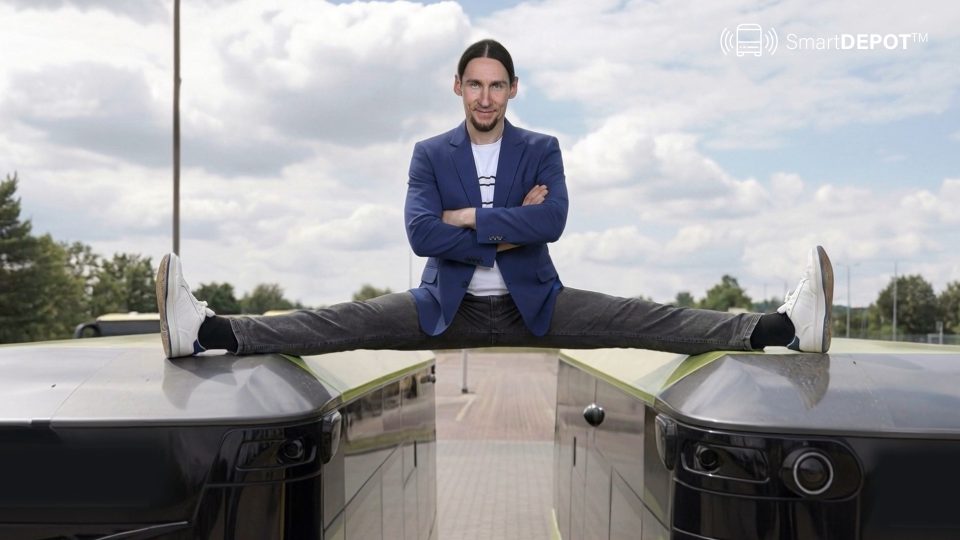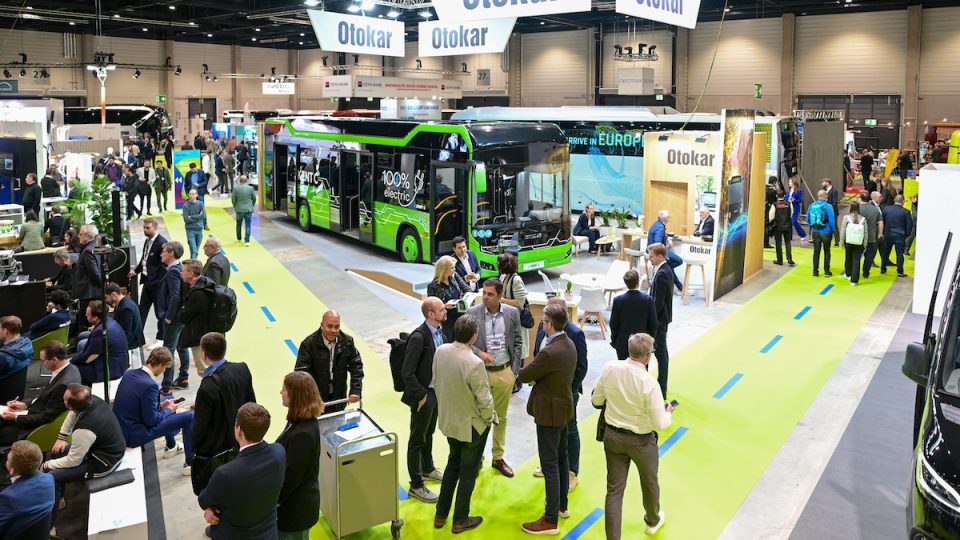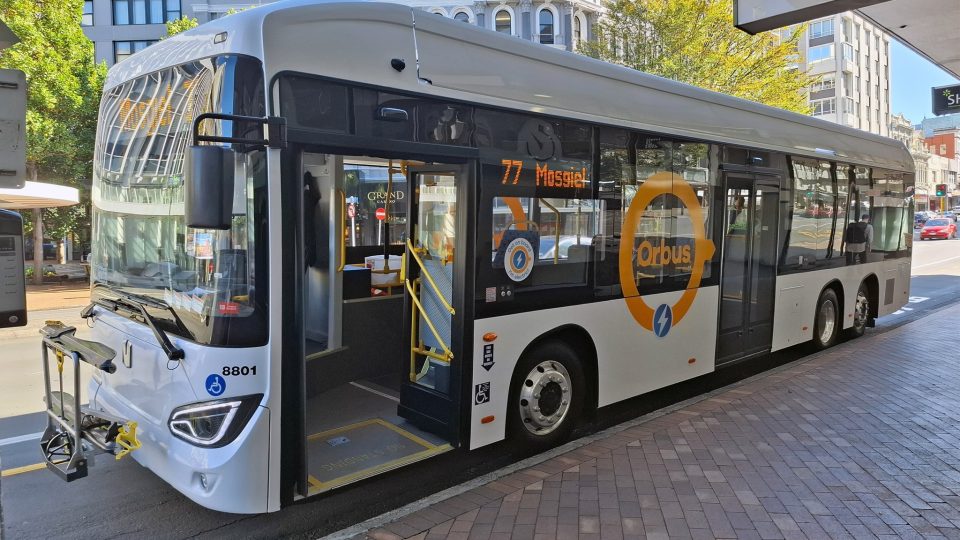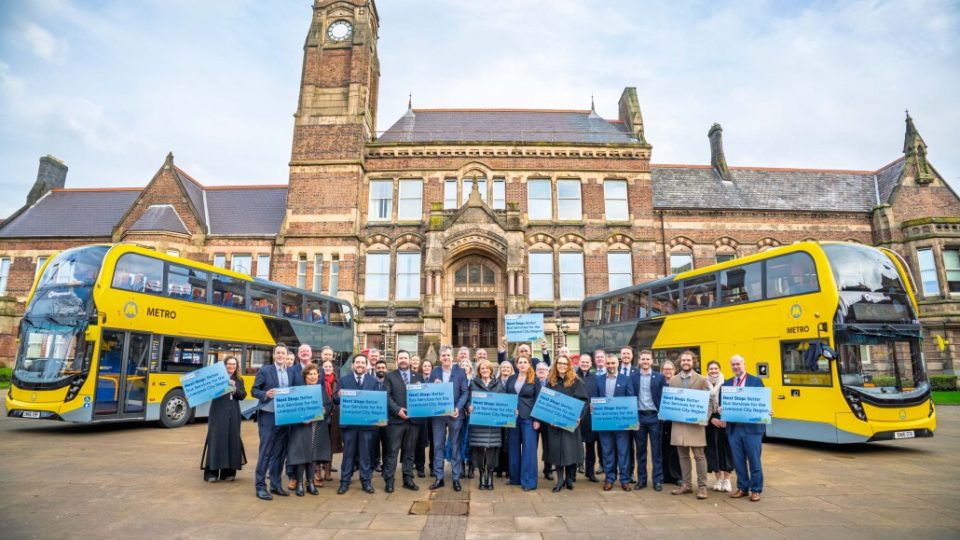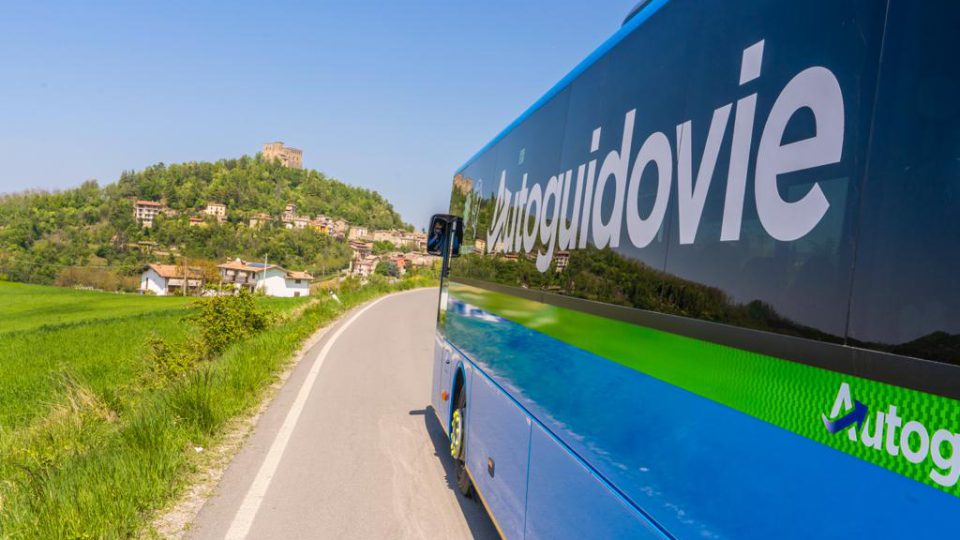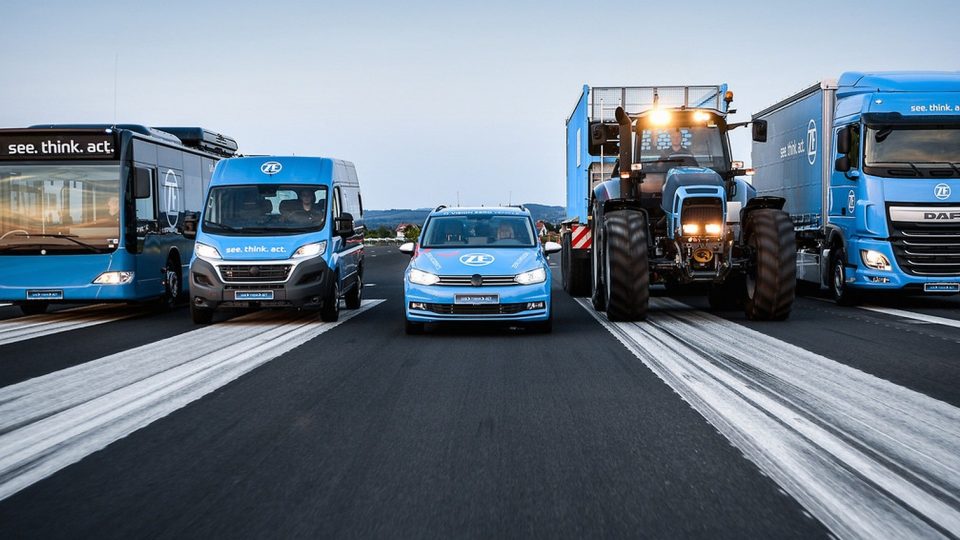Keolis signs renewable electricity contracts with photovoltaic specialist Urbasolar
Keolis is signing two electricity purchase contracts with Urbasolar, the French photovoltaic specialist. Through these agreements, the group will be able to supplement its renewable electricity supply at a fixed, long-term price. This electricity, generated at solar farms in France, will avoid emissions of around 290 tonnes of CO2 per year. By 2030, Keolis aims […]
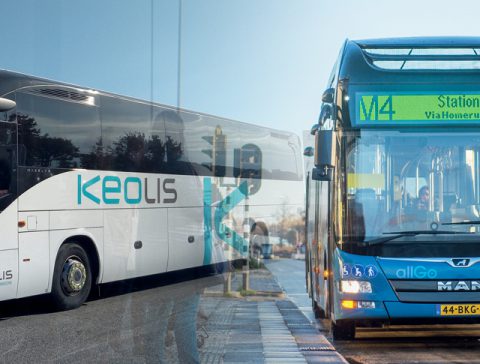
Keolis is signing two electricity purchase contracts with Urbasolar, the French photovoltaic specialist.
Through these agreements, the group will be able to supplement its renewable electricity supply at a fixed, long-term price. This electricity, generated at solar farms in France, will avoid emissions of around 290 tonnes of CO2 per year.
By 2030, Keolis aims to reduce its greenhouse gas emissions by 30% compared with 2019 while increasing threefold the number of kilometres travelled using alternative energy sources. In 2022, fleets operated by Keolis travelled nearly 400 million kilometres using alternative energy sources, equating to more than a third of the kilometres operated by the group.
Keolis decarbonization roadmap includes solaris energy
These power purchase agreements between Keolis and Urbasolar constitute a further step in the Group’s roadmap towards the decarbonisation of public transport, Keolis strenghtens. By securing its supplies of renewable electricity, Keolis will help to reduce greenhouse gas emissions and minimise the environmental impact of its activities.
The contracts, offering annual generation of 18 gigawatt-hours (GWh), will take effect on 1 January 2025. They will ensure Keolis has a reliable supply of renewable electricity at a fixed, competitive price over the long term, while helping the Group meet its environmental targets. Avoiding 290 tonnes of CO2 emissions a year over 15 years is equivalent to travelling 3.4 million kilometres with zero CO2 emissions, the operator says.
Keolis and the decarbonization of public transport
Near Los Angeles in California, for example, Foothill Transit has just renewed its contract with Keolis and intends to add a total of nearly 33 hydrogen-powered buses to its fleet, building the biggest hydrogen-powered fleet in the United States. In Odense, Denmark, the operational control and maintenance centre managed by Keolis is almost self-sufficient in energy thanks to the installation of 500 m2 of solar panels on the roof. Finally, in France, Keolis Bordeaux Métropole Mobilités, the first social enterprise (“entreprise à mission”) in the public transport sector, is committed to decarbonising its traction energy, reducing water consumption, recovering waste and favouring local procurement.


